Introduction
China is known worldwide as a country with one of the highest levels of censorship. Investigative journalists compare the coverage of censorship in the media and the Internet year, and their forecasts are disappointing, unfortunately. Usually, the Chinese government does not run the censorship apparatus directly but delegates this task to various local providers, who the government can severely punish for non-compliance. Some manipulations and innovative technologies help censors and providers control the agenda on the Internet; the results of their actions should also be considered comprehensively.
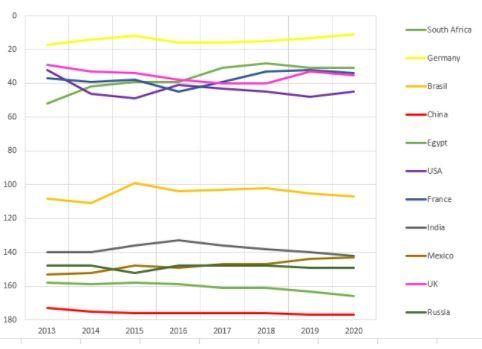
Focus on Local Incidents
One of the favorite tricks of Chinese censors and organizers of the news feed system is to focus on local news. It affects the psyche of the viewers, and they cease to be interested in information outside their city or province. Here it is easy to see that in reality, the central goal of censorship is not to instill a different opinion but to conceal information, dose news, and carefully selected.
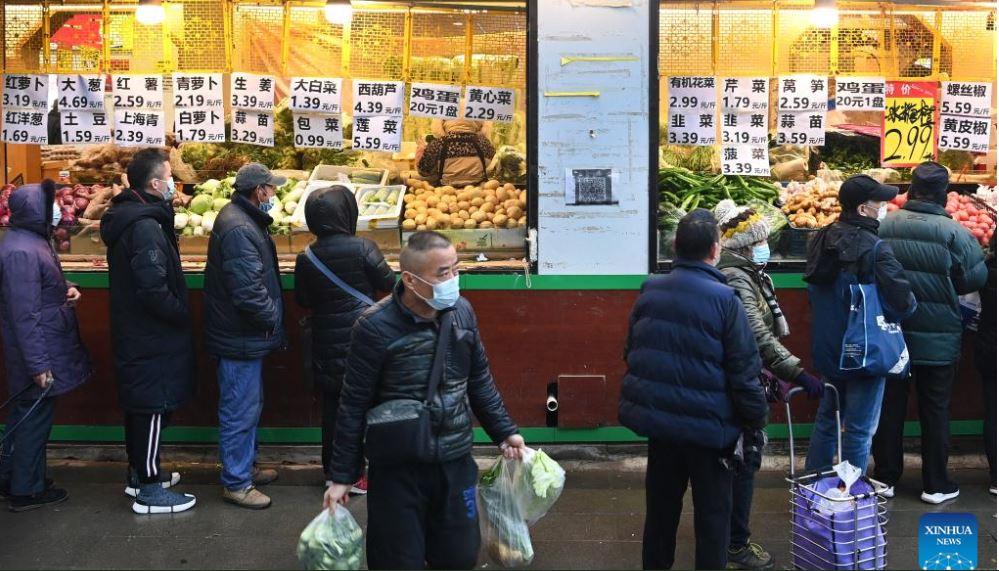
Innovative Technologies and Text Analysis
Developed information technologies play into the hands of censors, as they facilitate the process of finding information that needs to be corrected or, more often, deleted. It is common to search for topics by keywords since Internet search engines generally work precisely according to the logic of keywords. It allows censors to avoid painstaking manual work searching for specific issues or surnames. Thanks to innovative technology, censors can verify strings of comments and large Weibo posts in seconds or minutes.
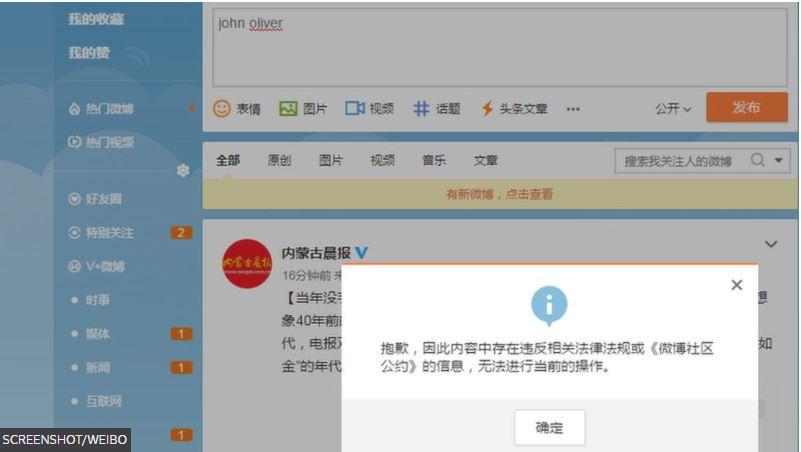
Feel the Time and Public Mood
An essential aspect of control over the information field is the selection and sense of time. Chinese society can be seriously concerned about specific problems (lack of jobs, for example). Then the censors decide to remove information about this not to warm up the discussion (King et al., 2013). By controlling the quantity and not the quality and content of posts, censors successfully restrain precisely the cooperative aggression of society.
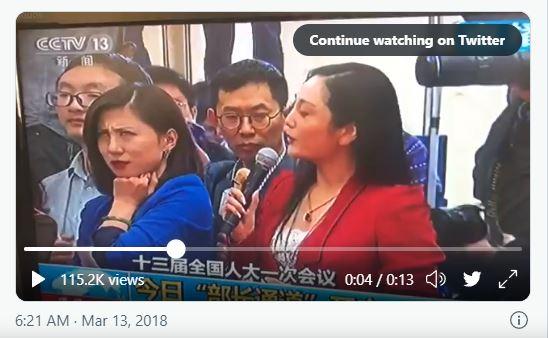
Collective Constraint and Limited Free Speech
Specifically, manipulations by removing and dosing information do not allow society to expand the discussion around the topic adequately. It is a cooperative public group that is not needed by the government, which is safe to exist with the fragmentation of the opposition and the complete absence of public associations (Tai, 2014). Censors sometimes do not delete potentially dangerous posts in content but leave on pages with a minimal number of subscribers.
The government reduces the likelihood of collective action by disorganizing the agenda and lack of information. Some people receive conflicting information, and this demotivates them to take action (How does the Chinese government manage social media? The case of Weibo, n.d.). At the moment, it seems that the Chinese government is most worried about the possibility of social cooperation, so they can only sow disunity. In the future, young Chinese may not correctly form a picture of the perception of reality and not be able to process information.
If young or mature Chinese enter the international environment, they usually show that they are more interested globally than other people. Usually, various scandals pass by them, for example, such as what happened recently with tennis player Peng Shuai. The lack of freedom of speech will eventually make Chinese political life monotonous. The Chinese will have no hope for the renewal of the administrative apparatus and the arrival of new people. More people will be interested in other countries, and young Chinese will take the opportunity to go abroad to study.
Currently, the Internet in Russia is more accessible than in China, and most people do not have to resort to VPN. However, repressive actions against the Internet in Russia are constantly carried out, leading to a decrease in the level of trust in the government. It predominantly affects young people who spend a lot of time on the Internet. International journalistic organizations are increasingly paying attention to Russia and are trying to declare publicly about the violation of rights.
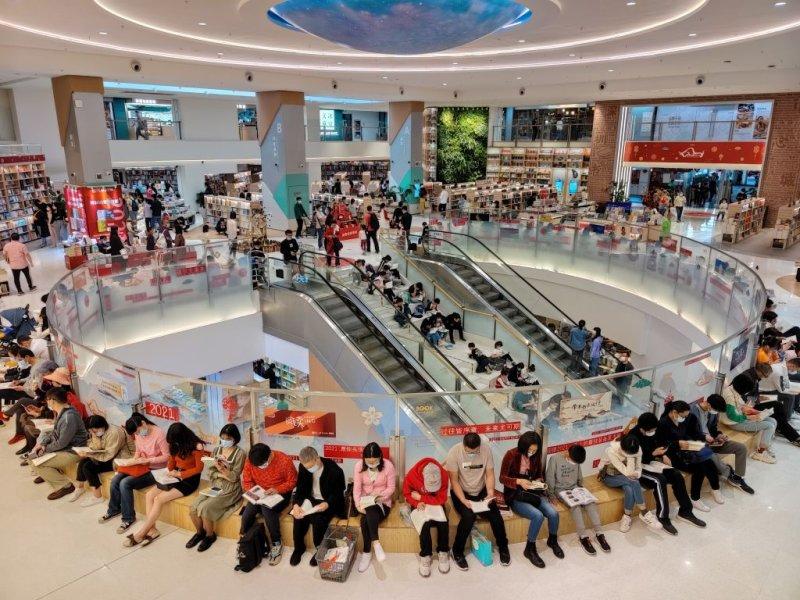
Conclusion
To subjugate freedom of speech on the Internet, censors use several techniques, such as focusing on a local incident and actively using innovative technologies. These technologies make it possible to remove the information and leave society without the opportunity to debate and cooperate against problems. It is the cooperative group that is a threat to the government. In the future, continued restrictions on freedom of speech could negatively impact the younger generation of Chinese and possibly cause many to leave the country. The example of Russia is presented as an example of a country with the least strict Internet censorship, but at the same time, with a lot of sanctions and proceedings from international boards.

References
How does the Chinese government manage social media? The case of Weibo. (n.d.). Reuters Institute for the Study of Journalism. Web.
King, G., Pan, J., & Roberts, M. E. (2013). How censorship in China allows government criticism but silences collective expression. American Political Science Review, 107(2), 326–343. Web.
Lorentzen, P. (2013). China’s strategic censorship. American Journal of Political Science, 58(2), 402–414. Web.
Tai, Q. (2014). China’s media censorship: A dynamic and diversified regime. Journal of East Asian Studies, 14(2), 185–209. Web.
Graphics
2020 world press freedom Index: Entering a decisive decade for. (2021). RSF. Web.
BBC News. (2018). Why you can’t talk about John Oliver in China. Web.
Daily life in Xi’an. (2022). Xinhua. Web.
Denyer, S. (2018). In China, a reporter’s dramatic eye-roll went viral. Then searches of it were censored. Washington Post. Web.
Lu, S. (2022). Eileen Gu’s censorship defense is… Censored. Protocol. The People, Power and Politics of Tech. Web.
Walsh, M. (2022). How China’s fiction writers have learned to survive its politics. Time. Web.